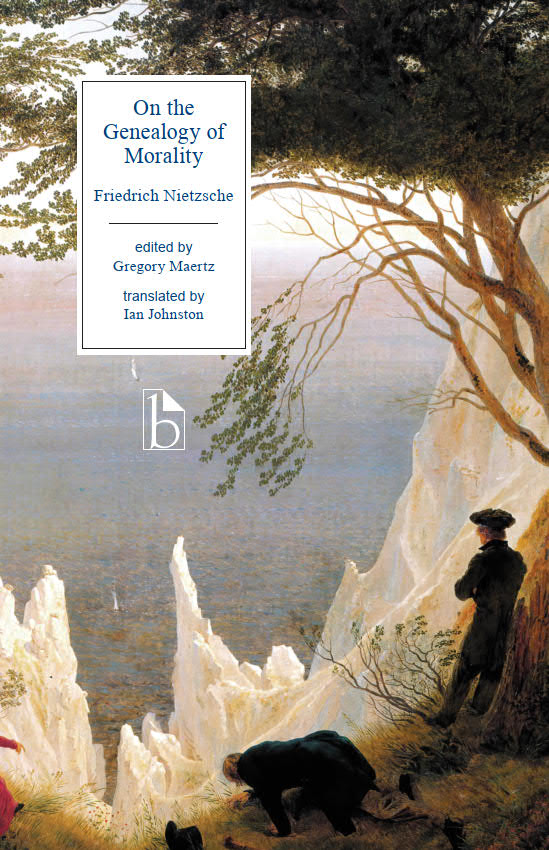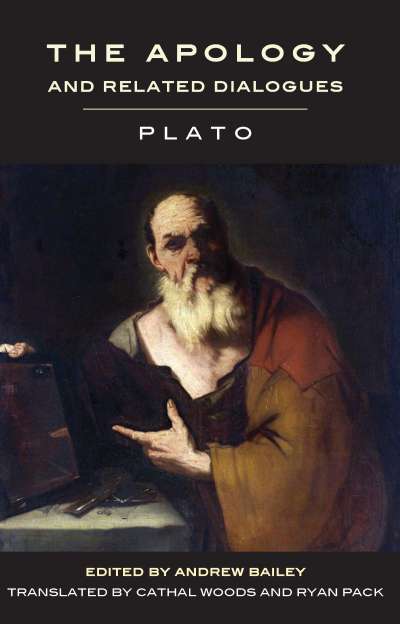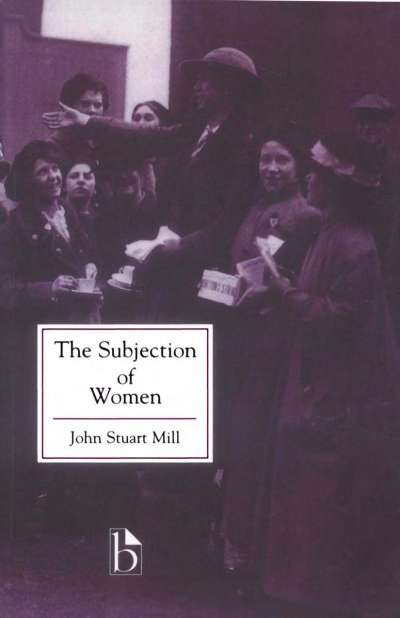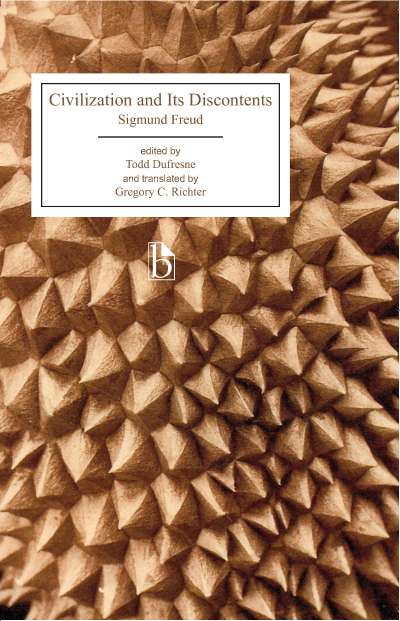On the Genealogy of Morality is a history of ethics, a text about interpreting that history, and a primer on interpretation in general. It also has elements of archaeology, sociology, anthropology, psychology, and etymology. Nietzsche’s history-based approach to the development of morality, as well as his keen understanding of how power relations—especially the role played in this process by social, class, and racial divisions—continue to shape our ethical norms and standards of behavior. His reading of history and the human capacity for rationalization anticipated, influenced, and underpinned the interpretative techniques and strategies that emerged as dominant in the humanities and social sciences over the past several decades. In this age of “alternative truths,” Nietzsche’s insight into the nature of interpretation is more valuable than ever before.
Comments
“A fresh, accessible new translation of a seminal text in Nietzsche’s philosophy. Readers are given a good deal of background for coming to terms with the Genealogy, with several appendices providing selections from some of Nietzsche’s other books, religious and scientific writings that bear on Nietzsche’s argument, and sources on the reception of Nietzsche’s thought in Germany. This edition will be very useful to students and scholars alike.” — Lawrence J. Hatab, Louis I. Jaffe Professor of Philosophy Emeritus, Old Dominion University
“The appearance of this Broadview edition of Nietzsche’s On the Genealogy of Morality, scrupulously edited by Gregory Maertz and ably translated by Ian Johnston, is a boon to the reception and teaching of Nietzsche in English. Philosophically, the Genealogy is Nietzsche’s most influential text, and pedagogically it is likely his most taught. Both professor and student will benefit from this volume, with its wealth of well-chosen secondary materials and helpful introduction to Nietzsche’s life and times, thought, influence, and significance.” — Mark Migotti, University of Calgary
“Johnston’s accessible and engaging translation manages to convey the energy of Nietzsche’s ‘polemic’ without sacrificing philosophical accuracy. And the copious notes and supplemental material help to contextualize Nietzsche’s intellectual world. This edition is highly recommended for students and anyone else.” — Robert Guay, Binghamton University













